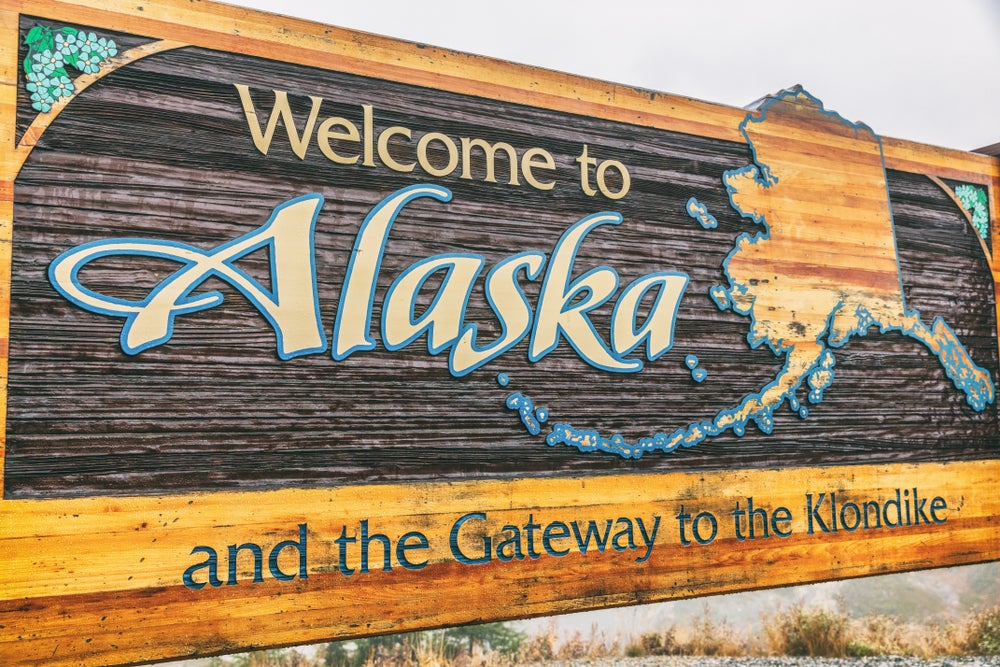An Alaskan federal judge has suspended an oil and gas lease sale in the Cook Inlet basin, southern Alaska, after discovering issues with the environmental study that preceded it.
The lease sale had originally been permitted by the Biden administration.
The Tuesday evening ruling is being viewed as a victory for environmental groups, which had objected to previously cancelled oil and gas leases being included in the Inflation Reduction Act, passed into law in late 2022.
The court deemed that the US Government violated the law when holding the sale, according to reports in several US media outlets on Thursday.
The new law promises large and ongoing investments in climate action, expected to reduce US emissions by up to 40% by 2030 and support the growth of a clean energy industry.
The court found that the Bureau of Ocean Energy Management failed to properly assess the impact that ship noise would have on Cook Inlet beluga whales, which are listed as protected in the US.
It also found that the agency's lumping together of beluga whales and other marine mammals during the assessment was problematic, with different species needing to be looked at individually.
The sale had made nearly one million acres of Alaskan federal waters available for possible oil and gas development, in a region that has long been a battleground for oil companies and environmentalists.
The court did not, however, completely invalidate the lease sale, but instead suspended it pending an additional environmental survey dealing with the specific issues the court raised.
Earlier this month, ConocoPhillips revealed it had taken legal action against the Biden administration’s prohibition on oil drilling in a significant portion of the National Petroleum Reserve (NPR) in Alaska.
The company contended that the rule violates a federal law mandating oil development in the area.
In April 2024, the Department of the Interior (DOI) finalised regulation that blocks oil and gas development in 40% of the NPR. The move forms part of the DOI’s efforts to protect wildlife habitats and the way of life of indigenous communities.
However, oil sector representatives, including those with existing leases in the reserve, argue that the rule hampers development in an area historically allocated for energy resources.









